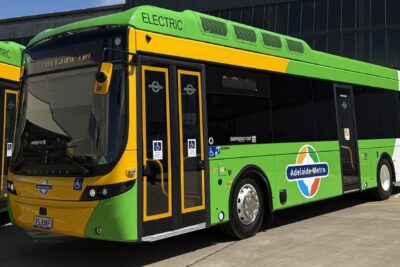UK to strike company car tax for EVs in 2020
The monetary advantage for the private use of electric company cars (BiK) will no longer have to be taxed in Great Britain from next year, the British government has now announced. De facto, only fully electric cars will benefit.
The tax exemption applies to company cars with CO2 emissions of up to 50 grams per kilometre and a purely electric range of at least 130 miles (209 km) – i.e. only for battery electric vehicles and those with fuel cells. The current plan is to increase the tax rate from zero per cent in 2020 to one per cent from 2021 and to two per cent from 2022. However, the government wants to “continue to review” this.
The measure is part of a general adjustment of tax rates – as part of the transition to the WLTP cycle, the UK Treasury has reduced rates by two percentage points compared to the previous system. And for electric cars, it is temporarily set to zero. Theoretically, the regulation also applies to plug-in hybrids, but there is currently no such vehicle that has an electric range of 130 miles.
Company car taxation is also known as BIK for short. If you have a company car for private use, you must pay a BIK contribution. In the UK, the Benefit-in-Kind is calculated based on CO2 emissions and the so-called “P11D” value (which indicates the list price including extras and VAT without the registration fee for the first year and the vehicle tax).
The regulation is well received in the industry – but also because the tax rates are finally fixed, which has not been the case for a long time. “Today’s announcement gives a degree of much-needed certainty to company car drivers and fleet managers,” Ashley Barnett, head of fleet consulting at Lex Autolease told Fleetnews. “Coupled with the EV infrastructure announcement, it is a welcome sign of the Government’s commitment to stimulating company car uptake and getting newer, cleaner vehicles on the roads, a vital part of its Road to Zero strategy.”





0 Comments